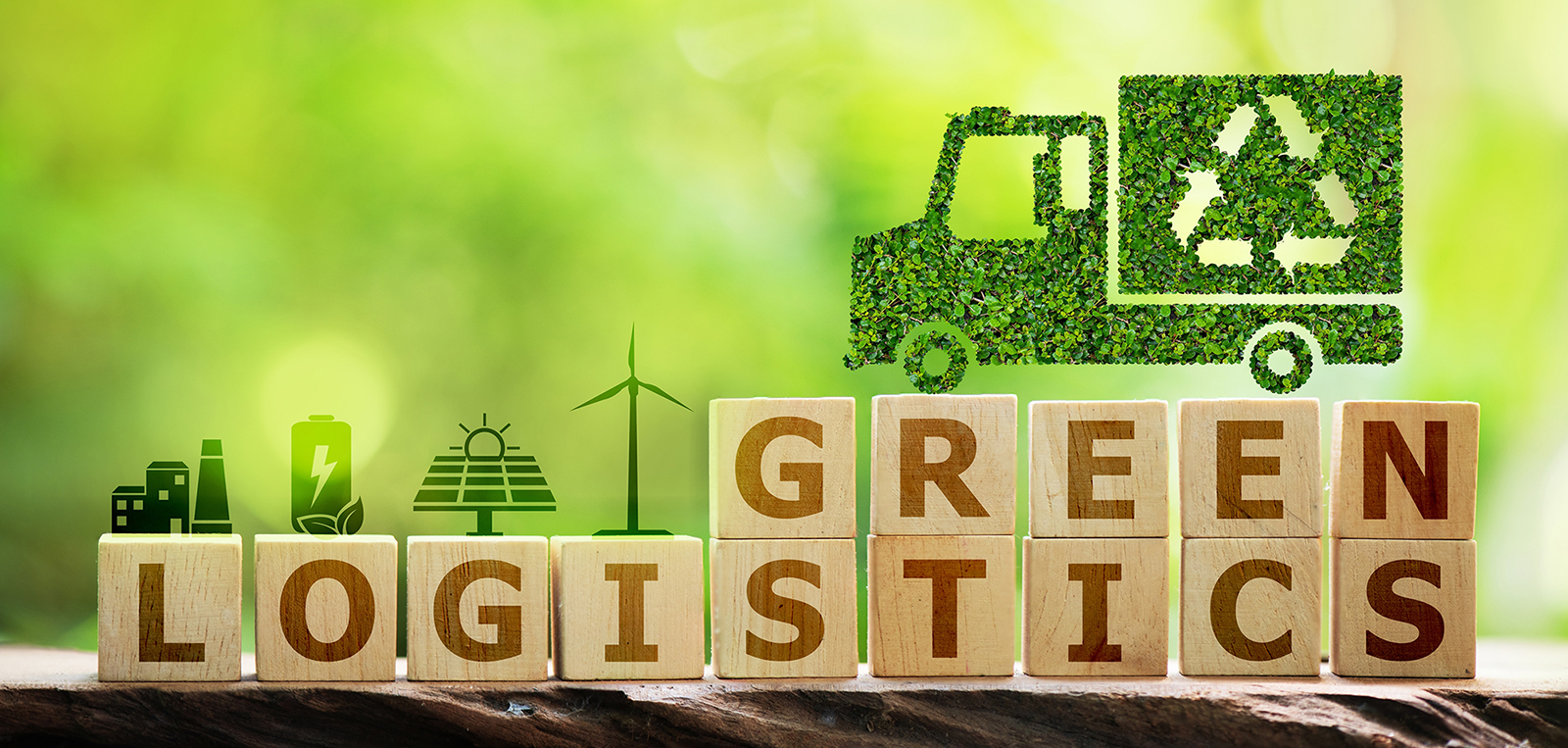Going Green: how sustainable practices are transforming the future of logistics industry
Green logistics entails a number of efforts targeted at reducing the carbon footprint generated by logistical processes such as delivery, storage, packaging, and transportation, among others.
In recent years, logistics sector has gone through a significant change whereby sustainability has become one of its key drivers. As the apprehension about global climatic change and environmental ruin keeps swelling, organisations are increasingly realising that they have to go green in order to survive. Not only does this shift towards sustainability stand on ethical grounds, but it is also premised upon survival instincts for long-term profitability.
Green logistics, sometimes referred to by other names like eco-logistics or sustainable logistics, is the planning, carrying out, and monitoring of all supply chain and transportation-related activities with an eye on the environment. It entails a number of efforts targeted at reducing the carbon footprint generated by logistical processes such as delivery, storage, packaging, and transportation, among others.
Reducing transportation-related carbon emissions is the primary goal of green logistics. The transportation industry has historically relied too much on fossil fuels, which contribute to greenhouse gas emissions and air pollution. However, the use of alternative fuels like biodiesel, electric, and hydrogen-powered cars is becoming more and more popular. These more environmentally friendly energy options can also save money in the long run.
Moreover, technological advancements are essential to advancing sustainability in the modern logistics sector. The integration of Internet of Things (IoT) devices, artificial intelligence (AI), and data analytics enhances route optimisation for reduced emissions and fuel usage. When necessary, real-time tracking and monitoring technologies enable businesses to assess the sustainability of their supply chain activities using an opportunity-based methodology.
Distribution and warehousing play significant roles in green logistics in addition to transportation. Reducing the environmental effect of storage and distribution facilities can be achieved by energy-efficient warehouse designs, the use of renewable energy, recycling, and waste reduction activities.
In addition, logistics plays a significant part in the packing process and, by utilising environmentally friendly packaging materials, can lessen waste and its negative effects on the environment. Because of this, increasing number of businesses are using recyclable and biodegradable materials together with creative packaging designs that maximise space while reducing resource consumption.
Conventional warehouse systems have the potential to consume a lot of resources and waste a lot of energy. By doing this, businesses can increase operational efficiency while reducing their environmental impact. Businesses can reduce their environmental effect by implementing just-in-time inventory management systems and lean manufacturing concepts to optimize space use.
Collaboration within green logistics across the supply chain is necessary for significant transformations. Organisations can collaborate with suppliers, customers, and other stakeholders to achieve shared sustainability objectives.
Customers who seek products with little environmental impact are prioritising supply chain transparency and traceability more and more, thus some companies are using these strategies to improve their brand reputation and gain a competitive advantage.
Policies and rules from the government will also be crucial in shaping the future of green logistics. Authorities are encouraging companies that go green with incentives while enforcing stricter emissions standards in certain locations. Governments may foster widespread adoption of green logistics concepts and expedite the transition to a more sustainable supply chain and transportation infrastructure by fusing legal mandates with sustainability goals.
However, this will lead logistic businesses to use renewable energy sources such as wind and solar electricity in order to lessen their carbon emissions and dependency on fossil fuels. In order to support operations in a sustainable way, many warehouses and distribution hubs are currently installing renewable energy infrastructures. These businesses must cut back on waste, pollution, and energy use if they are to lower operating costs and increase profitability.
Today’s businesses are feeling pressure from customers who are conscious of the environmental impact of their purchases, making sustainability a major focus. Conscientious customers are showing a preference for doing business with companies that demonstrate environmental sustainability. As a result, this consumer pressure compels companies to include eco-friendly practices into their logistical plans, bringing about change across the board.
Once more, efforts in green logistics are part of a larger global effort to combat climate change, preserve natural resources, and safeguard ecosystems. So, when businesses choose to move toward better logistics and more environmentally friendly transportation methods, they can set an example for others to follow.
Still, there are obstacles standing in the way of the industry’s adoption of sustainable methods. The main barrier is a lack of funding for staff training, the adoption of new technology, and infrastructure development. Furthermore, the complete integration of eco-friendly methods into their corporate operations may be hampered by legal requirements or practical challenges.
Despite the advancements in this field, it is important to remember that significant obstacles still lie ahead. However, in order to transition to sustainable transportation technology, significant expenditure in research and development as well as infrastructure is required.
Through their investments in sustainability initiatives and partnerships with like-minded entities, corporations may effect long-term social change and assume leadership roles in the shift towards a more sustainable future.
Green logistics is not just a trend; it represents the paradigm shift that businesses are adopting in their approach to supply chain management. By placing equal emphasis on environmental sustainability as it does on efficiency and profitability, a business can generate value while leaving the least possible environmental impact.
Through collaboration, innovation, and regulatory assistance, the logistics industry has the potential to significantly impact the transition to a more sustainable future. Since green logistics is a moral need for all businesses, it provides a competitive edge that contributes to the development of a more robust and ecologically responsible supply chain ecosystem.
(Praveen Vashistha is the Founder & Director of , a global logistics company that offers suite of logistics services)
Edited by Megha Reddy
(Disclaimer: The views and opinions expressed in this article are those of the author and do not necessarily reflect the views of YourStory.)











